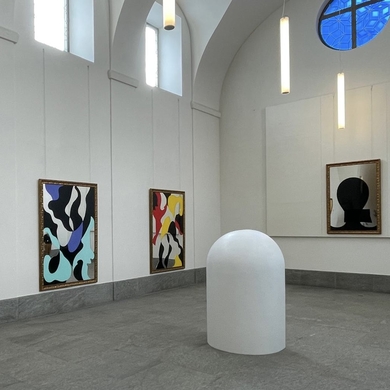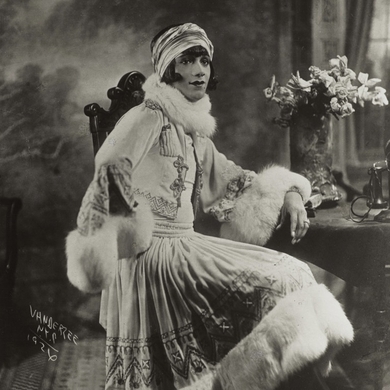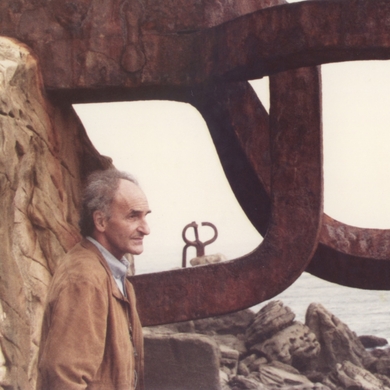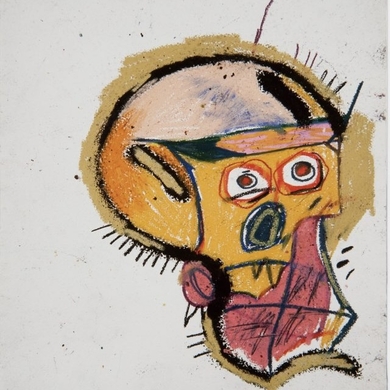The term trompe l’oeil—French for “trick the eye”—was coined in 1800 by Louis-Léopold Boilly. Although the term was new, the technique was old. In Ancient Greece, legend has it, Zeuxis painted a still life so convincing birds flew to peck at the painted grapes. During the Renaissance and the Baroque, artists fostered illusionism, painting window-like images that suggested openings in ceilings and walls. With the rise of modernism the use of trompe l’oeil lessened, but painters still employ the technique today. This exhibition presents examples dating from the 15th century up to the 21st. Interestingly, the work will not be displayed chronologically but thematically, demonstrating the unchanging nature of trompe l’oeil. —Elena Clavarino
Arts Intel Report
Hyperreal: The Art of Trompe l'Oeil

When
Mar 16 – May 22, 2022
Where
Etc
Juan Fernández, “Still Life with Four Bunches of Grapes,” c. 1636 © Archivo Fotográfico/Museo Nacional del Prado, Madrid.



